WE CAN HELP
Frequently Asked Questions
According to the EPA, point of use, or POU, drinking water filters are used to remove impurities from water at the point that it is actually being used. Although there are others, the POU filters distributed by WAPA are those used in filtration systems that are attached directly to water faucets, or inserted into water pitchers and bottles. This can be used by customers of the public water system or at homes and businesses with cisterns. There is no mandatory federal requirement for the use of POU drinking water filters or for testing or third- party certification under the Safe Drinking Water Act. However, consumers can increase their level of confidence by purchasing filters that have been tested by an accredited third-party certification body or bodies for lead reduction and particulate reduction (Class I) capabilities against both NSF/ANSI Standards 42 and 53. Additional information on how to determine which water filter may be right for your use can be found here: https://www.epa.gov/sites/default/files/2018-12/documents/consumer_tool_for_identifying_drinking_water_filters_certified_to_reduce_lead.pdf
The Centers for Disease Control and Prevention provides information on lead in water, lead
poisoning and lead exposure here: Lead in Drinking Water | Sources of Lead | CDC
